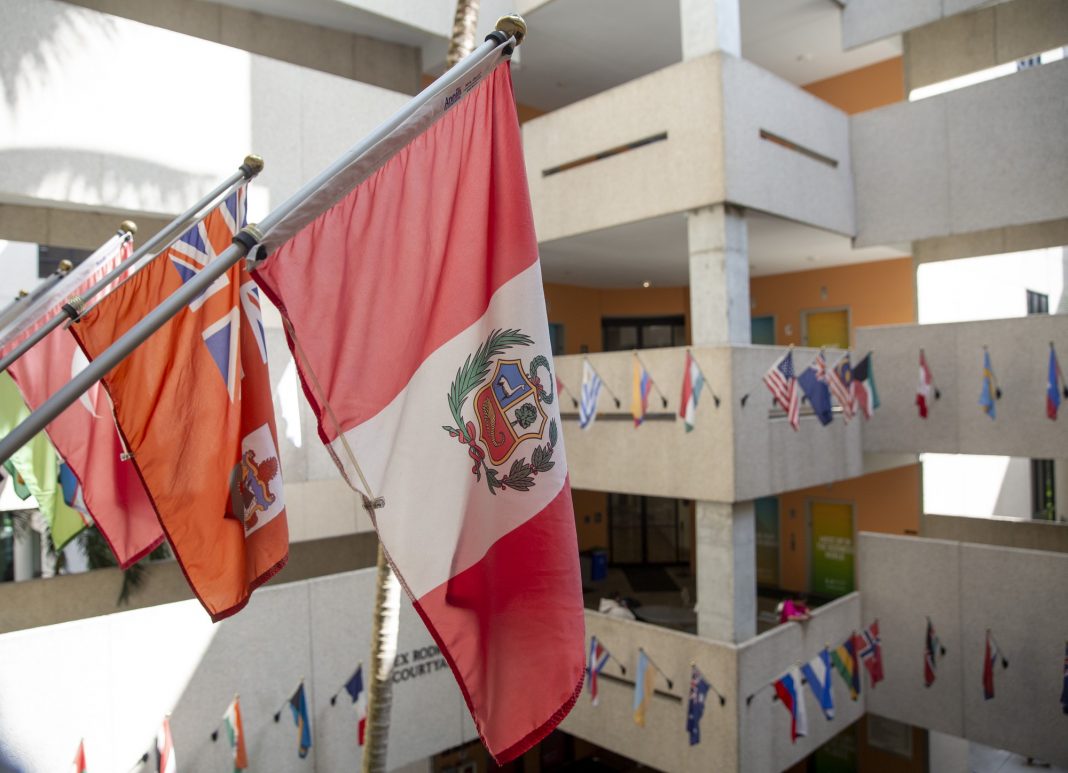
Peru’s culture ministry has reopened Machu Picchu to the public after nearly three months of political protests that have made a sudden shift towards the capital.
Government officials had closed down the tourist attraction after protesters had damaged local train lines, highways, and access to airports. As a result, almost as many as 400 tourists had to be airlifted from the site and relocated from the landmark.
On Dec. 7, 2022, Castillo attempted to install a national curfew and temporarily suspend the Congress of Peru just hours before they would vote on a third impeachment against him. Following his announcement, Castillo was promptly removed from office and replaced by his vice president Dina Boularte.
In weeks following, demonstrators protesting Castillo’s removal have blocked roadways and stalled airport operations, leading to deadly violence that has claimed almost 60 lives. Demonstrators and many of Castillo’s supporters across the nation’s capital are calling for Boularte to step down and for Congress to call early elections.
The deadliest day of protests took place on Jan 9. when 17 people were killed in the city of Juliaca after demonstrators waged battles with police.
Hailing from the countryside, Castillo has been a stark ally for Peru’s indigenous and rural populations, fighting against poverty, discrimination and inequality. As a result of the protests, many of Peru’s poorest residents have been left victim of a stagnating economy, as roadblocks have caused the prices of rice, cooking oil, vegetables and fuel to skyrocket.
It is also clear that Peru’s current political instability and economic insecurities will inevitably tank foreign investments, further damaging the economy.
“In the end, not only is the entire economy being negatively impacted, but every citizen as well,” said third-year law student Renata Sassarini, who hails from Peru. “They cannot go about their daily lives going to their usual stores, restaurants, et cetera, as the affected businesses cannot function properly when there’s civil unrest.”
Public polls reveal that 89% of Peruvians disapprove of Congress, alluding to historical tensions between Peru’s executive and legislative branches of government.
Many believe that Castillo’s removal was an attempt to sweep many of Peru’s most pressing issues under the rug, including discussions around the country’s healthcare and education systems.
UM students studying Latin American politics and international relations have spoken out on the political crisis, voicing their opinions regarding the current political atmosphere in the region.
“Pedro Castillo is a corrupt marxist whose attacks on democratic institutions and flirtation with authoritarianism represent a political archetype plaguing Latin America,” second year dual-degree law and Latin American studies masters student Randy Fitzgerald said.
While some recognize Castillo’s efforts to amplify marginalized voices in Peru’s society, others contend that his presidency represents something else.
In an interview with News@TheU, Jaime Zusman, a graduate student and retired physician from Peru offered his input on the issue, citing the gravity of the issue.
“Nobody is talking about what is happening in Peru because it isn’t as economically strong, it doesn’t seem to affect Americans’ daily lives,” Zusman said. “But the truth is that what’s going on is very grave; and if we aren’t careful, Peru could be the next Venezuela.”
U.S. Representative for Florida’s 27th congressional district María Salazar has expressed her distaste for Castillo’s attempt to overrun the state’s democratic processes, applauding the Peruvian people for stepping up against a corrupt leader.
“Castillo’s removal from office represents a glimmer of hope for the people of Peru — and the people of the hemisphere — as we continue to extinguish the horrors of communism and fortify the continuity of western liberal democracy,” Fitzgerald said.
UM Peruvian students are calling to recognize the unlawful actions of Castillo, but recognize that transformative change won’t be possible without peaceful protests.
“We must respect the rights of those protesting in peace but condemn the ones causing chaos and using violence to get their point across,” Sassarini said. “We must also respect the legal process that has evidenced the wrongdoing of former president Castillo and call for new elections.”





